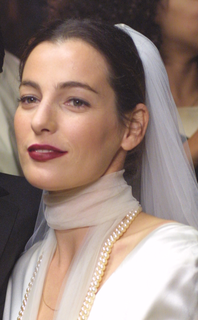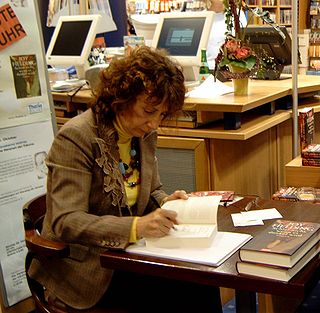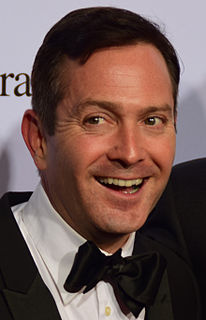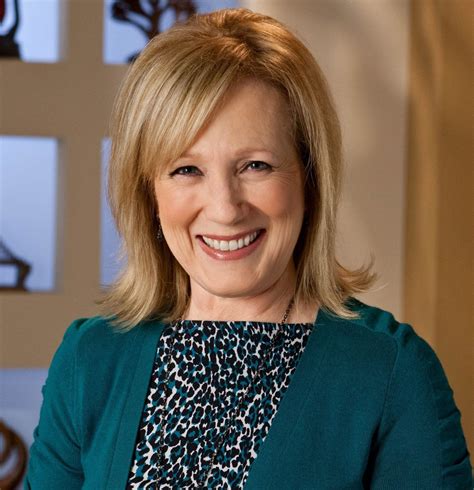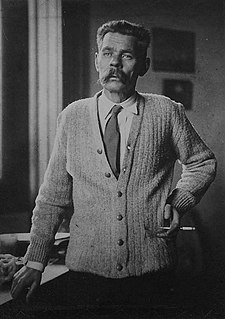A Quote by Robert Ben Garant
I would say, A, you can't really teach anyone how to write good characters, because it's something you have to teach yourself or already have innately in you as a storyteller, and, B, coming up with a good screenplay is a very, very small fraction of what it takes to be a good screenwriter.
Related Quotes
I say to my students that I can't teach them how to write a good song, but I can teach you how to write a better song. Talking about this idea of it being a process. By going back and not settling for something and find a way to step back from your songs-which is a very hard thing to do-but when you're stuck or you can't move forward, start doing some polishing.
I've been making a list of the things they don't teach you at school. They don't teach you how to love somebody. They don't teach you how to be famous. They don't teach you how to be rich or how to be poor. They don't teach you how to walk away from someone you don't love any longer. They don't teach you how to know what's going on in someone else's mind. They don't teach you what to say to someone who's dying. They don't teach you anything worth knowing.
It's not great if someone gives you sort of bland praise without giving you clear direction and say, "This is good, let's try it like this." I have worked with someone who seemed quite inarticulate and just would say, "That's good, that's good." That's very frustrating because - it's nice to know something is good but you know it can always change.



